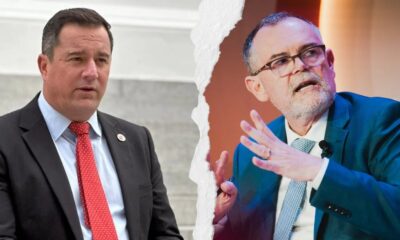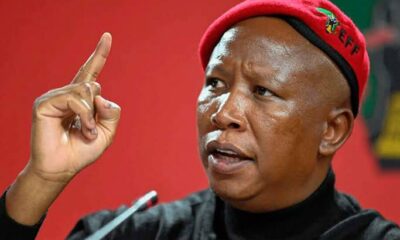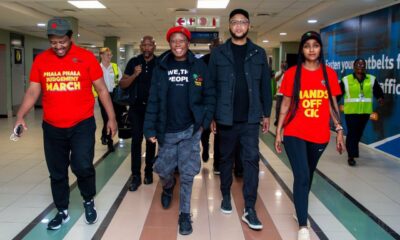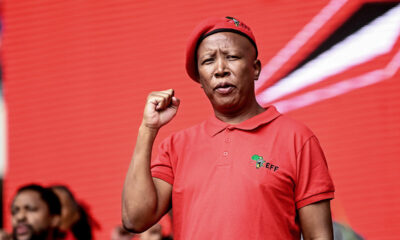News
Solidarity Takes on Ramaphosa and Minister Ntshavheni Over Alleged Defamation
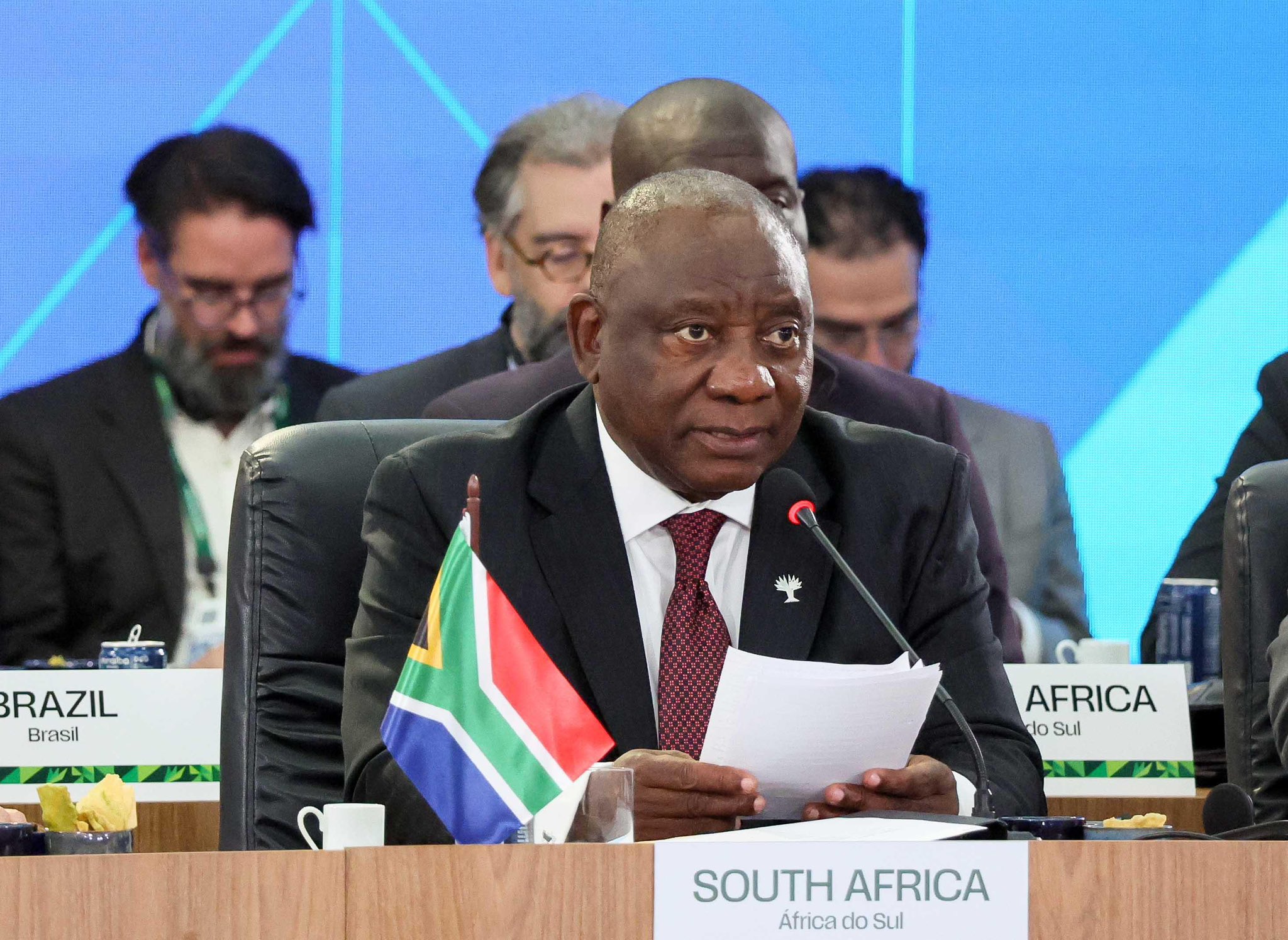
In a move that has already ignited political debate, Solidarity has launched a defamation case against President Cyril Ramaphosa and Minister in the Presidency Khumbudzo Ntshavheni, accusing the two of spreading “false and defamatory” claims about the labour union and its partner, AfriForum.
The case stems from comments made by Minister Ntshavheni during a media briefing, where she suggested that Solidarity and AfriForum were engaging in disinformation campaigns, even hinting at possible legal breaches. This followed a Solidarity delegation’s recent visit to the United States after President Donald Trump issued an executive order affecting South Africa.
Hermann: ‘We are fighting for the truth’
Solidarity CEO Dirk Hermann argued that the government’s accusations were misleading and politically motivated. “Accusing institutions such as Solidarity and AfriForum of misinformation and even treason is false and defamatory,” Hermann said.
He framed the union’s US engagement as a protective measure for South African workers, particularly in relation to the African Growth and Opportunity Act (AGOA). “The ANC’s ideological narrow-mindedness plunged South Africa into a crisis,” Hermann said, adding that the union’s actions were aimed at saving jobs and safeguarding ordinary citizens’ livelihoods.
The defamation case seeks damages from Minister Ntshavheni and aims to hold government officials accountable for what Hermann called a “false narrative” that risks becoming accepted as truth”.
Analysts weigh in: a nation at a crossroads
Political observers have offered mixed interpretations of the case. Benjamin Rapanyane, senior lecturer at North-West University, said the judiciary will play a key role in determining the facts and clarifying the scope of defamation.
Meanwhile, political analyst Rene Oosthuizen warned that the dispute could exacerbate already fragile social and political divisions. “This case places South Africa at a crossroads where unresolved tensions risk deepening fragile societal structures,” she said, urging that national priorities such as diplomacy and economic stability remain the focus.
On the other hand, analyst Piet Croucamp was less diplomatic, framing the confrontation as “two fools taking each other on.” He suggested that both sidesSolidarity and government officials, could be harming South Africa by allowing ideological and race-based disputes to overshadow pressing national concerns.
Public reaction and context
The case has stirred debate on social media, with users divided along political and racial lines. Some praised Solidarity for defending its reputation and its members’ interests, while others questioned the union’s focus on racial dynamics and its perceived alignment with Trump-era politics in the US.
Observers note that this legal battle is unfolding amid heightened scrutiny of South Africa’s political landscape, a time when diplomatic relations and economic challenges demand careful handling.
How the courts handle this defamation claim could have long-term implications for freedom of speech, government accountability, and the role of advocacy organisations in South Africa. For now, Solidarity remains steadfast, framing the case as a stand for truth and transparency against what it describes as misrepresentation by senior government figures.
{Source: The Citizen}
Follow Joburg ETC on Facebook, Twitter , TikTok and Instagram
For more News in Johannesburg, visit joburgetc.com



